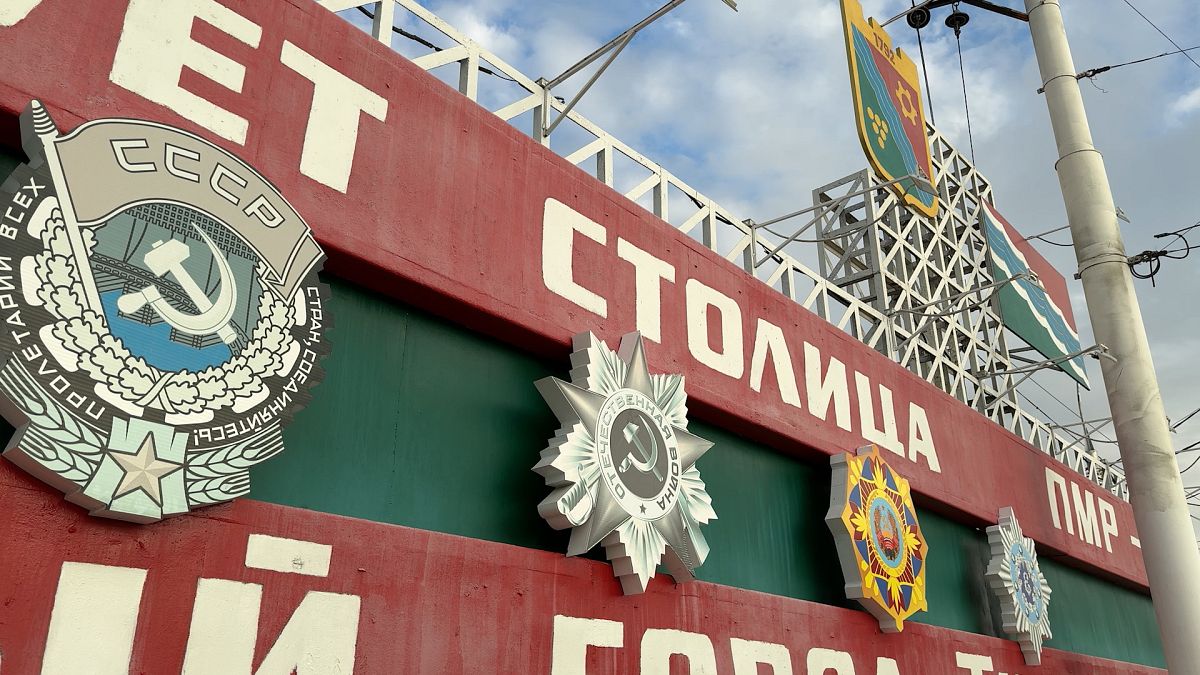In October, Moldovans will vote on making EU membership a constitutional goal, which could put the pro-Western leadership at odds with the Russia-leaning breakaway region of Transnistria. The prospect of EU membership is a hot topic in Moldova, with potential economic benefits and consequences on the horizon. Euronews reporter Hans von der Brelie recently traveled through Moldova, speaking with both pro-Europeans in the West and pro-Russian separatists in the east to gauge public sentiment on the issue.
One potential impact of EU membership on Moldova’s economy is the removal of export/import related bureaucracy, which could benefit companies like Covoare Ungheni, an industrial carpet producer. Despite facing challenges such as a shrinking workforce and economic instability, the company sees EU membership as an opportunity for growth and stability. Joining the EU could also help retain workers in Moldova, reducing the need for labor migration to western Europe.
For agricultural producers like Igor Golbian, gaining access to the EU market could open up new opportunities for exporting products such as dried bio-fruit and sunflower oil. However, compliance with EU regulations and standards presents a challenge that Moldovan businesses must address to capitalize on the potential benefits of EU membership. The upcoming referendum in October will be a crucial first step towards EU membership for Moldova, but the process of accession may still be a lengthy one.
In the breakaway region of Transnistria, which is controlled by pro-Russian separatists, the prospect of Moldova joining the EU raises concerns about economic stability and dependence on Russian resources. The region’s heavy industry relies on free Russian gas, which could be cut off if the transit agreement with Ukraine expires. Moldova’s efforts to collect taxes and combat money laundering in Transnistria have met with resistance from local oligarchs, leading to economic tensions between the two regions.
Despite the economic challenges and political tensions, Moldova’s government remains committed to integrating the country into the European internal market. Deputy Prime Minister Dumitru Alaiba emphasizes the importance of following EU regulations and standards to ensure a smooth transition towards EU membership. While the path towards EU membership may be complex and fraught with challenges, Moldova sees this as a crucial step towards economic stability and growth in the long term.
Overall, the debate over EU membership in Moldova reflects a deeper divide within the country, pitting pro-European sentiment against pro-Russian influences. As Moldovans prepare to vote on this critical issue in October, the outcome of the referendum could have far-reaching implications for the country’s future economic development and geopolitical alignment. With Moldova’s economy at a crossroads, the decision to pursue EU membership will shape the country’s trajectory in the years to come.











